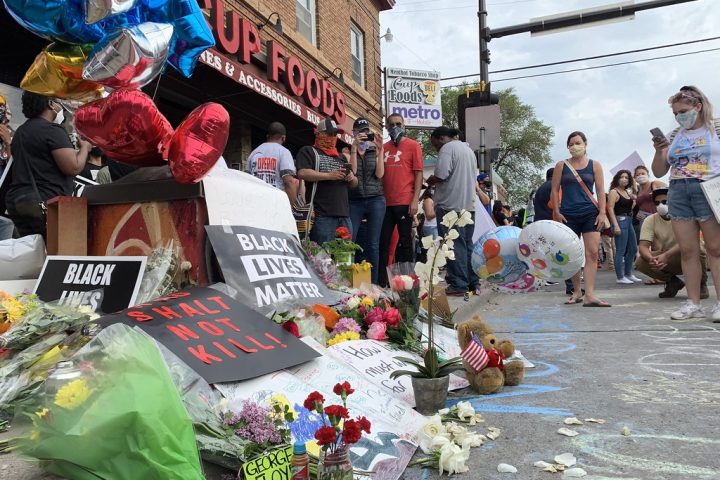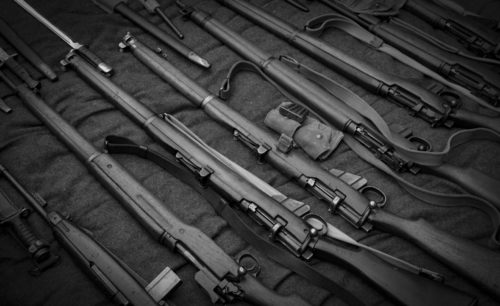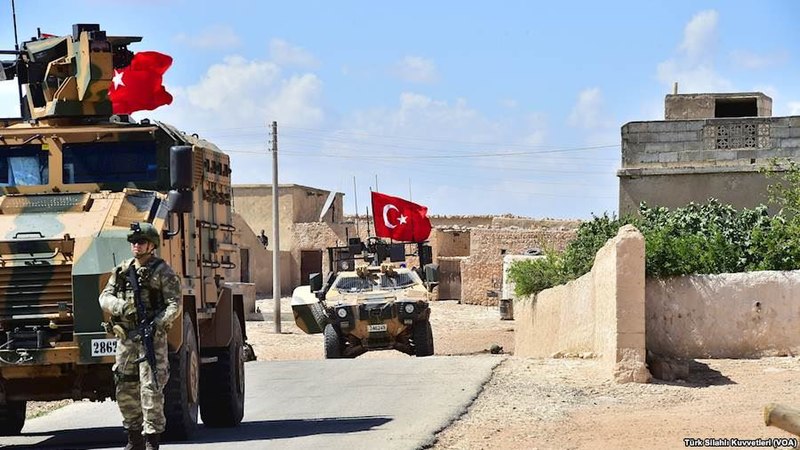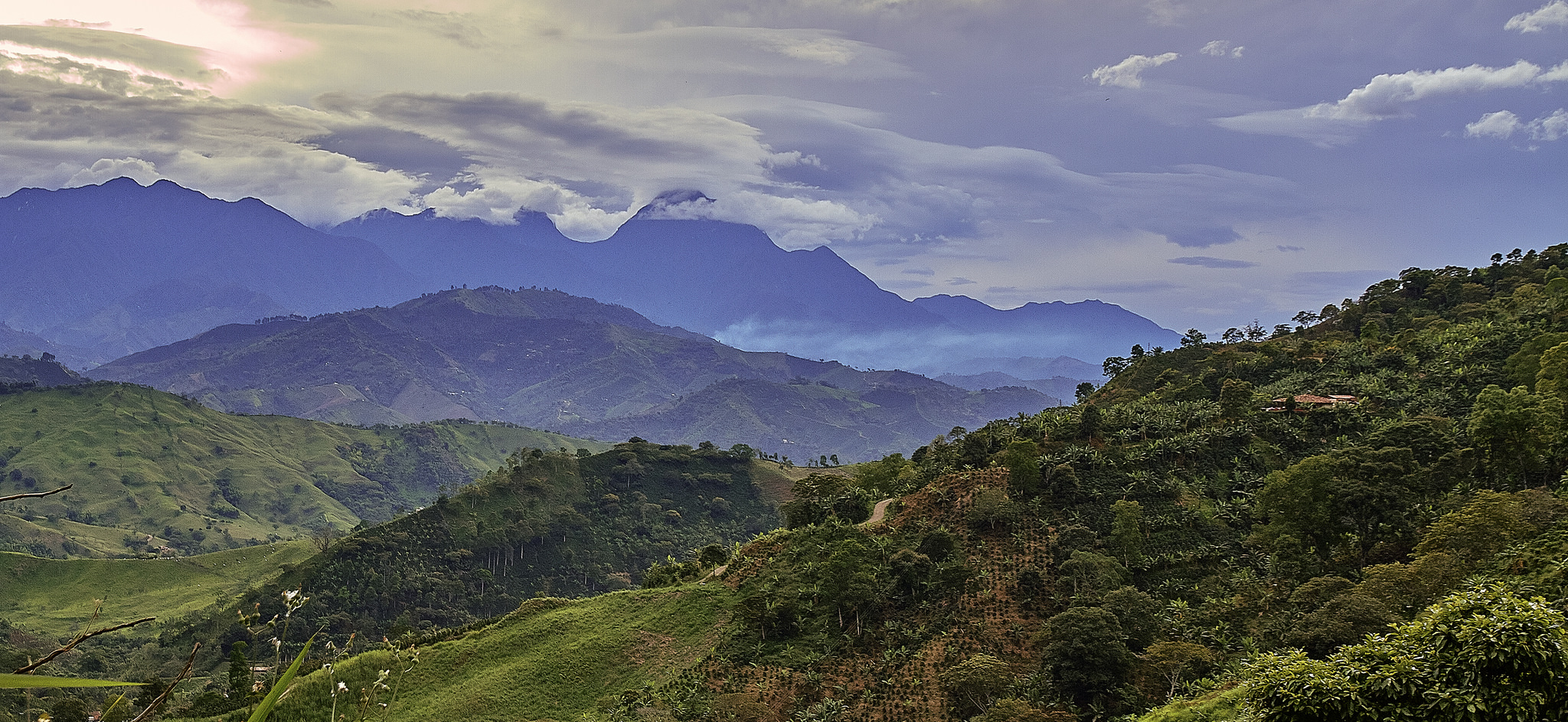Guest post by Karin Dyrstad and Solveig Hillesund
Is the US heading towards widespread political violence—or even a second civil war? A heated presidential election campaign and widespread protest met with federal forces using tear gas give rise to questions that seemed unthinkable just a few years back.
Conflict research tells us that the risk of civil war and political violence increases when strong identity groups face economic and political disadvantages. The risk of war is even higher when an already socioeconomically disadvantaged group sees its political influence decrease. In the case of the US, the Black population (and other minorities) has long experienced socioeconomic disadvantages, exacerbated by the ongoing pandemic. They have also experienced a decrease in political influence with the transition from the Obama administration to Trump. Even so, it is well established in conflict research that the risk of outright civil war in a consolidated democracy is always low, and structural factors such as low urban concentration make a second civil war highly unlikely in the US.
Continued protests, some accompanied by violence, is a more likely scenario. This raises a new question: What makes people support political violence? In a recent article, we address this question using survey data from Northern Ireland, Guatemala, and Nepal. Though the US differs from those countries in important ways, our findings shed light on three important aspects of the situation in the United States.
State repression fuels support for political violence
We measured support for violence by asking survey participants whether violence could be justified in certain scenarios: when economic inequalities increase; when the state treats some groups or regions more favorably; when the military becomes too powerful; and when the government turns repressive or violent. Government repression was by far the most frequently accepted justification. A striking 45 percent were willing to justify violence when faced with government repression or violence.
While state repression comes in many forms and degrees, the relevance to the US is clear—police brutality has played a crucial role in motivating ongoing protests. Our finding also provides one possible explanation for why initially peaceful protests sometimes turn violent: people respond to what they perceive as repression and a disproportionate use of state violence.
Dissatisfied individuals are more likely to support violence
We find the highest support for violence among individuals who are dissatisfied with the political and economic situation, and with the perceived disadvantages of individuals, as well as the social group.
High levels of inequality in the United States is likely to translate into popular discontent. Data from the American National Election Studies (ANES) from the last three decades suggest that somewhere between one-third and half of Americans agree that it is difficult for Black Americans to work their way out of poverty. The share that agrees that Black Americans have too little influence in American politics, and the share that reports of “a lot” or “a great deal” of discrimination against Black people, increased before the 2016 election, as compared to the Obama years (2008 and 2012). The last four years have likely continued this trend.
People’s perception of the political opportunity structure matters
Motivation alone is an incomplete predictor of political violence. We expect that individuals who believe their disadvantage can be remedied through regular political channels—like voting—are less inclined to support the use of violence. A series of survey-based studies of contentious politics in the US in the late 1960s and 1970s point in this direction. For example, a study of the 1965 Watts riot in Los Angeles found that the combination of dissatisfaction and powerlessness was associated with a higher willingness to use violence among Black people.
Our study points to a similar pattern: support for political violence tends to be stronger among study participants who say that politicians care about their votes more than their opinions—that is, they believe it doesn’t matter much who gets elected. Similarly, when asked in the 2016 ANES poll, every second American agreed to the statements: “people like me don’t have any say about what the government does” and “public officials don’t care much what people like me think.” What this shows is that many Americans don’t believe political participation can make a difference in their lives.
The consecutive elections of two unusual—in very different ways—presidents may have further reduced Americans’ faith in the political system. On the one hand, the Black population in the US has experienced persistent and possibly worsening police violence, despite an Obama “Yes we can!” presidency. On the other hand, Trump’s “drain the swamp” rhetoric may have fueled further anti-government sentiments among some of his supporters.
Given these widespread perceptions of inequality and lack of faith in the political system, it would not be surprising if a substantial share of Americans would be willing to justify political violence—particularly given the constitutional and deeply felt right to bear arms.
Willingness to justify violence may not reflect willingness to use it
There is an important difference between willingness to justify violence under certain conditions and actually using violence. According to the US Crisis Monitor, 95 percent of the protests since George Floyd was killed in May have been peaceful. However, several incidents—most recently in Kenosha, Wisconsin and in Louisville, Kentucky—show that there are people on both the right and left who are willing to use violence. The fact that the US president does not clearly denounce police violence and violence from the far right is particularly worrying. The same goes for government repression in response to several protests, as well as the lenient police response to right-wing violence.
Structural conditions in the US make a new civil war unlikely, but protests and violent incidents are likely to continue well into the next presidency, particularly if one candidate or the other wins the election with a narrow margin.
Karin Dyrstad is an Associate Professor in the Department of Sociology and Political Science at the Norwegian University of Science and Technology. Solveig Hillesund is a post-doc at the University of Oslo.






